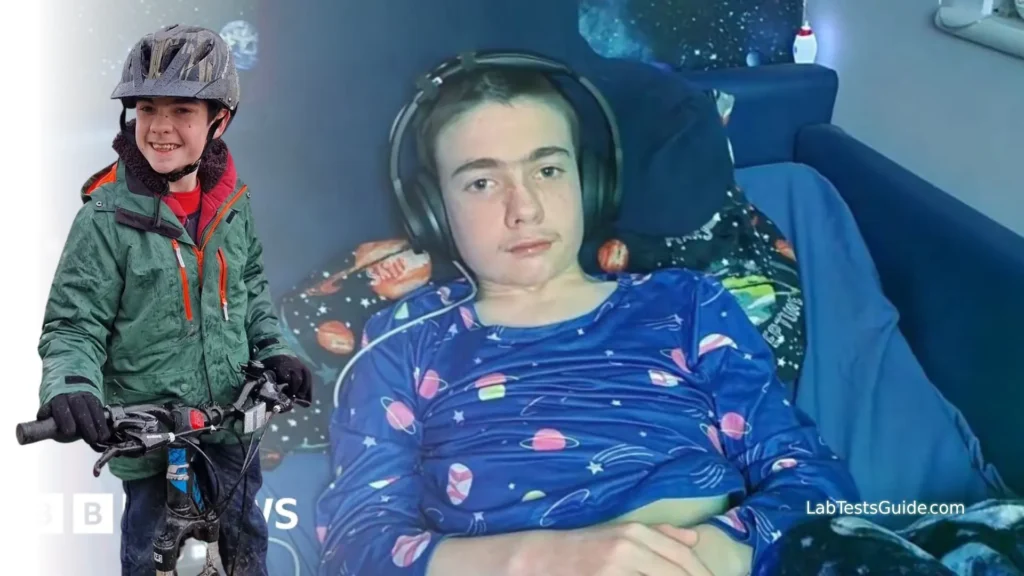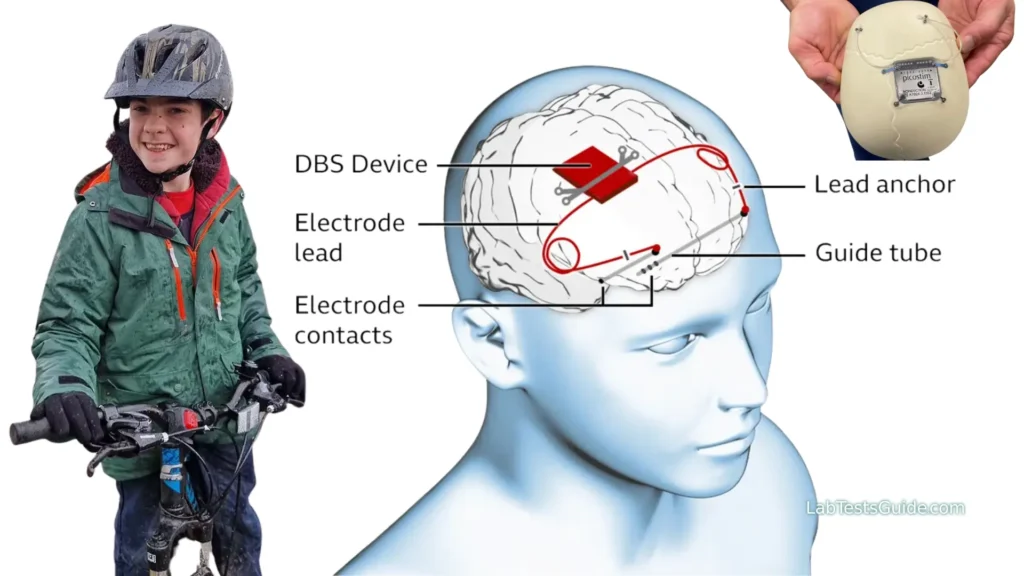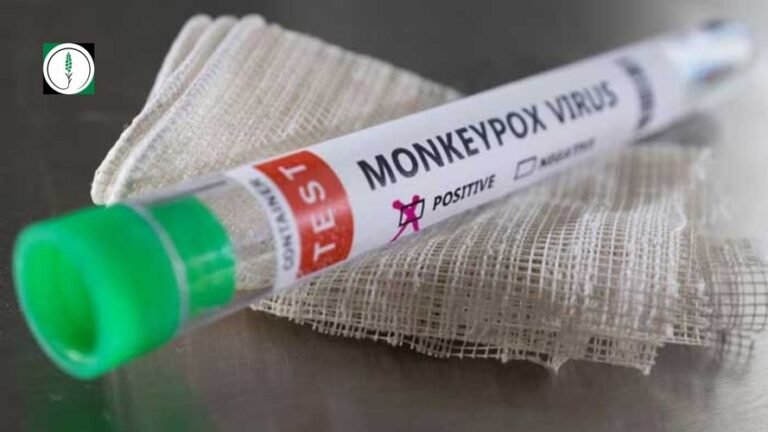Groundbreaking Treatment: UK Teen’s Journey with Deep Brain Stimulation for Epilepsy
In a landmark medical trial at Great Ormond Street Hospital, 13-year-old Oran Knowlson from Somerset has become the first patient worldwide to undergo a pioneering procedure aimed at controlling severe epilepsy through a new device implanted in his skull.

Oran suffers from Lennox-Gastaut syndrome, a particularly challenging form of epilepsy that has plagued him since the age of three, triggering multiple daily seizures ranging from severe shaking to loss of consciousness. His condition, compounded by autism and ADHD, has profoundly affected his life, according to his mother, Justine, who describes how epilepsy “robbed him of all of his childhood.”
The revolutionary neurostimulator, developed by UK-based Amber Therapeutics and trialed as part of the CADET project, emits electrical pulses directly into Oran’s brain. This technology aims to disrupt abnormal electrical activity that triggers seizures, a breakthrough approach that differs significantly from previous methods where stimulators were implanted in the chest.
Consultant paediatric neurosurgeon Martin Tisdall led the intricate eight-hour surgery last October, meticulously placing electrodes deep into Oran’s brain with millimeter precision. The neurostimulator, a compact device integrated into a gap in Oran’s skull, allows for wireless recharging and remains imperceptible during daily activities like watching TV or enjoying hobbies such as riding lessons, which Oran has resumed since the operation.

The results have been striking. Justine reports an astonishing 80% reduction in Oran’s daytime seizures, significantly improving his alertness and quality of life. Looking ahead, the research team aims to enhance the device’s capabilities, potentially enabling real-time responses to prevent seizures before they occur.
“This treatment has given us hope again,” Justine shares, reflecting on Oran’s progress post-surgery. “We’re cautiously optimistic about the future.”
While acknowledging that the neurostimulator isn’t a cure, Oran’s family is grateful for the profound impact it has had on his daily life. They eagerly anticipate further advancements in epilepsy treatment, buoyed by the success of this groundbreaking trial.
The CADET project continues to explore the device’s effectiveness, with plans to extend its benefits to more children grappling with severe epilepsy. As Oran and his family look toward the future, they remain hopeful that ongoing advancements will pave the way for even brighter days ahead in their journey with epilepsy management.
This article captures the journey of Oran Knowlson and his family, highlighting the transformative impact of deep brain stimulation in managing severe epilepsy. It emphasizes the pioneering nature of the treatment and the hope it brings to patients and families facing similar challenges.
Possible References Used







